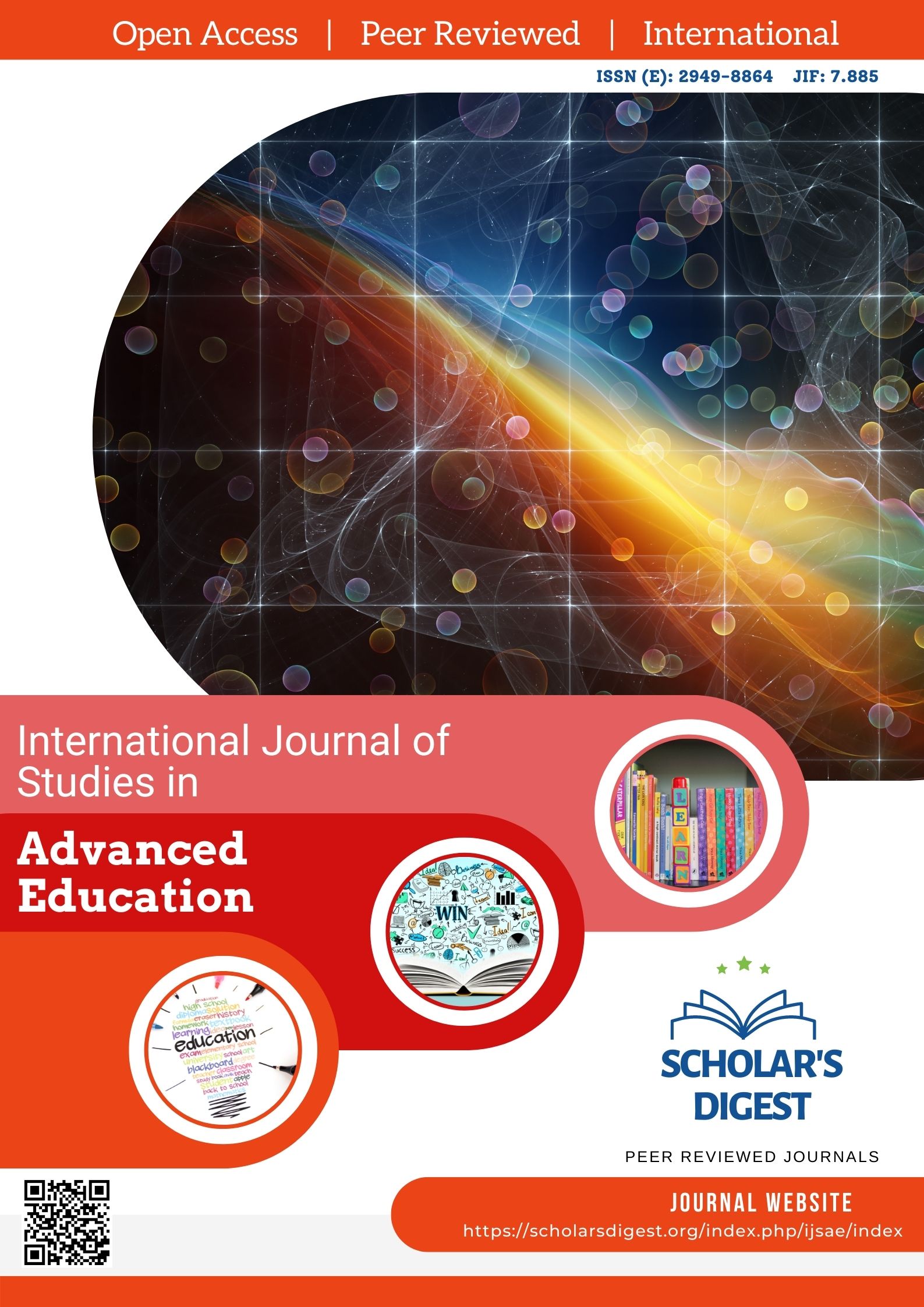IHSAN (EXCELLENCE) IN THE HOLY QUR’AN AND ITS APPLICATION IN UNIVERSITY EDUCATION QUALITY: TOWARD A QUR’ANIC VISION FOR ACADEMIC PERFORMANCE
Keywords:
Ihsan – Qur’an – Quality Education – Academic Performance – University Teaching.Abstract
The concept of Ihsan (benevolence/excellence) holds a central place within the Quranic ethical framework. The Holy Qur’an emphasizes its integration into individual and collective conduct, repeatedly linking it to faith, deeds, and interpersonal relations. In light of the current challenges facing higher education—such as declining academic commitment, weak professional affiliation, and the urgent need to improve faculty performance—this study explores how the Qur’anic principle of Ihsan can be applied to enhance the quality of university education and provide a Qur’an-based vision for academic performance. The research aims to achieve this by analyzing Quranic texts that mention Ihsan, extracting their educational implications, and projecting them onto the academic environment, using the analytical and inferential methodology. The study finds that Ihsan is not merely a moral virtue but serves as a practical framework for professional excellence, discipline, self-development, and high-quality academic output. In conclusion, the study proposes a preliminary model termed “Academic Ihsan” as a tool for improving quality standards, accompanied by recommendations for integrating this value into university policy and professional development programs.
Downloads
Published
Issue
Section
License

This work is licensed under a Creative Commons Attribution-NonCommercial 4.0 International License.








